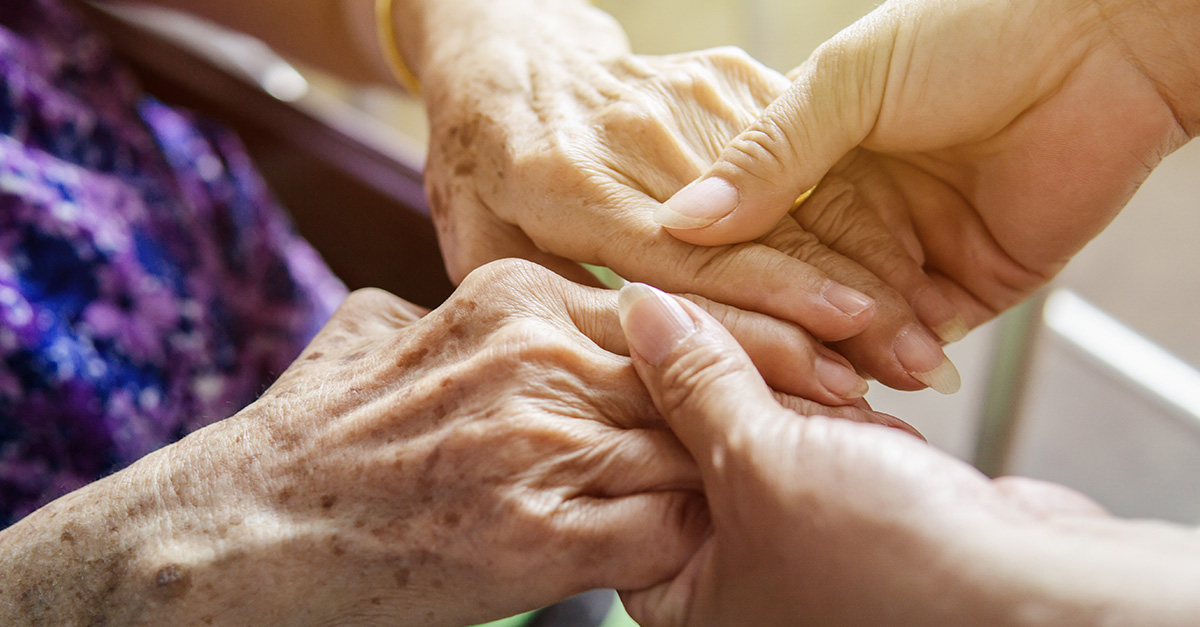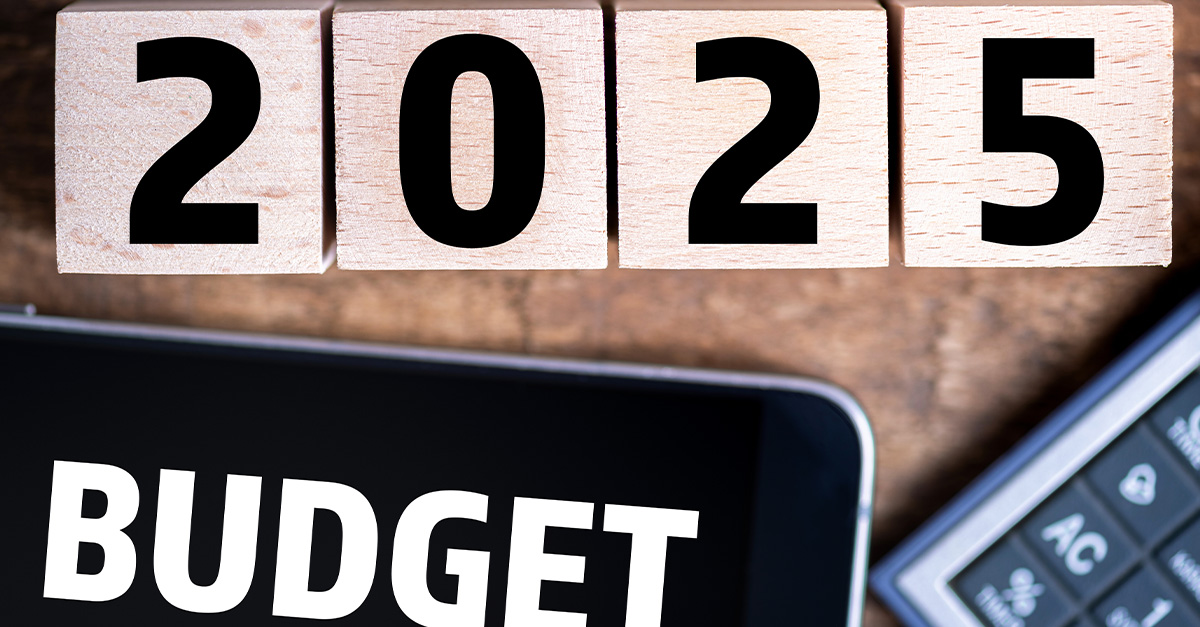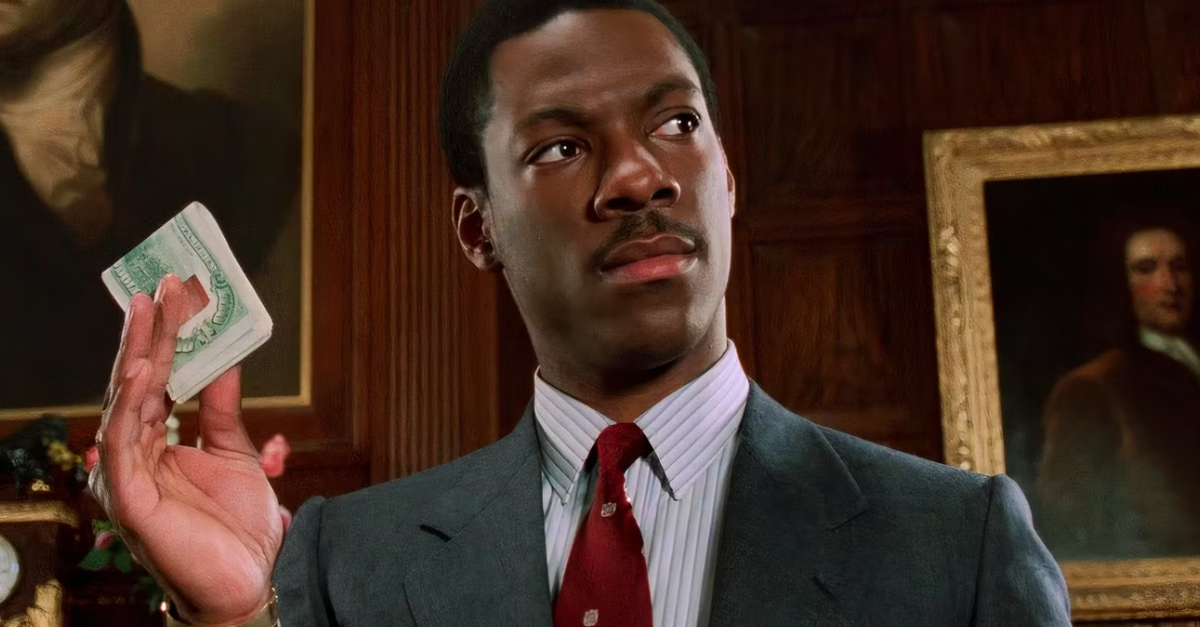What Happens When You Have To Plan Your Estate Unexpectedly?
Life has a way of throwing unexpected curveballs your way. Whether you find yourself in the unfortunate situation of having a terminal disease, or are simply realizing your age and want to ensure you're leaving your family in the best possible financial situation after your passing, here are some of the best things to leave your loved ones before you go.

Write Up A Last Will & Testament
One of the first steps in this process is ensuring you have a will. If you don't have a will, the estate will lie "intestate," meaning that the person passed away without a will. This greatly complicates the dispersal of the estate, which will be done through a court-appointed administrator. This could greatly increase the time it takes for your assets to be evaluated and money disbursed. Go to an estate lawyer in your area and have a will drawn up.
Choose An Executor Carefully
One of the first things you should do after your will has been written up and signed off by a lawyer in good standing is to choose an executor—that is, the person who will oversee the distribution of the estate. You want to ensure that your executor is someone you trust and close to your family, but perhaps not a blood relative. This can help them to disperse the estate without becoming involved in the family squabbles that sometimes occur.
What To Leave To Your Loved Ones
Of course, you have a million possessions and maybe a family home, along with a vacation property and possibly a boat and a car, a vintage Harley, and the list goes on. While your lawyer will help you itemize your possessions effectively, it can still be difficult to know what to leave to your loved ones and which assets to sell while you still have time.
The Best Assets To Leave To Your Loved Ones
Let's examine some of the best assets to leave to your loved ones once you're gone. Skip the vacation property, the complex financial investments, and your timeshare, and leave some of the following assets to your loved ones.
Cash & Cash Equivalents
Leaving good old-fashioned cash is one of the best things you could do for your loved ones. It's liquid, it has immediate value, and it is the simplest asset to navigate. It's also easy to divide up between people. So, if you have a million dollars in cash, it's easy to split that up between the beneficiaries in your will.
Where Should These Be Stored?
If you've got a suitcase of cash sitting under your bed because you're old school like that, it's time to transfer it into a bank account. You can let your existing bank accounts sit open while you still need to access them, or transfer all your cash assets into one large account. But, bear in mind that the FDIC and NCUA only insure $250,000 worth of assets per bank account. So, it's probably best to split your money between bank accounts.
What About Certificates Of Deposit?
Certificates of Deposit, or CDs, are either redeemable or non-redeemable bank accounts that have fixed-term liquidation dates (where the money is released after being locked away for a period) and a fixed amount of interest that the amount will earn over that period. CDs can be a great way to lock away money you're not using.
Should I Liquidate The CD Or Transfer Ownership?
Depending on what you put in your will, the CD will either be liquidated after you pass, or ownership will transfer to a beneficiary. For example, if you have a 10-year CD account but you pass away with five years left on it, you might be better to have ownership transferred, that way, your money is still accruing interest for your heirs after your passing.
 ANTONI SHKRABA production, Pexels
ANTONI SHKRABA production, Pexels
Leave "Payable On Death" Instructions
If you're looking to leave many bank accounts to your heirs, it's important that you leave "Payable On Death", or POD, instructions to your bank. These instructions will make it easier for the bank to liquidate the accounts and transfer the funds to your estate.
 Catalina Carvajal Herrera, Pexels
Catalina Carvajal Herrera, Pexels
What About A Life Insurance Policy?
If you have a life insurance policy, this is another great asset to leave to your loved ones, for a few reasons. Firstly, life insurance policies are made payable in a shorter amount of time than traditional bank accounts, because they bypass the court process. However, you'll need to choose a designated beneficiary for your policy before you pass away, as this is unaffected by what's in your will. Traditionally, life insurance policy payouts have gone to your significant other or next of kin.
Investments Held In Brokerage Accounts
If you hold investments in brokerage accounts, these are some of the best assets to leave to your loved ones, outside of liquid cash. We specify brokerage accounts here for a few reasons. They're more liquid, meaning they can quickly and easily be converted to cash. They're also transparent: the value of stocks and bonds can be seen on any given day, making it easy for your loved ones to decide when to cash out.
Leaving A Roth IRA
One of the most powerful types of accounts you have is a Roth IRA. This type of account is a savings or investment account that's most commonly used to fund people's retirement using investments made over decades. A Roth IRA has the unique advantage of being funded by after-tax dollars, meaning that any contributions made and capital gains within the Roth account are tax-free. Leaving a Roth IRA to your loved ones means they'll gain that tax-free capital upon your passing.
Is There A Catch With Leaving Non-Roth IRAs To Your Loved Ones?
Despite the simple beauty of a Roth IRA, there is a catch to leaving them to your loved ones, as opposed to a traditional 401(k) or other individual retirement account. The catch to leaving traditional individual retirement accounts or a 401(k) to your loved ones is that they'll need to empty the account within 10 years of receiving the money. Or, they'll face a 25% penalty on the amount in the account from the IRS.
It's Taxable Income
Any money outside of a Roth IRA, such as those funds within a 401(k) or traditional IRA, is considered taxable income when it's withdrawn from the account. The lump sum withdrawal method would significantly increase their tax burden for that year. Unless they're your spouse, then the above-mentioned penalty doesn't apply.
What About Leaving The Family Home?
This one is tricky because your very specific financial and familial circumstances come into play here. If you're considering leaving the family home to your loved ones, then please know that this can be one of the most divisive assets to leave behind. Siblings sometimes squabble over what to do with the property, who owns it outright, etc.
Advantages To Leaving The Family Home
There are a few major advantages to leaving the family home to your beneficiaries. Firstly, the home will stay in the family and remain a generational memory-maker, and could offer your family comfort during a time of grief. Secondly, the family home is immediately controlled by your next of kin, bypassing probate and courts. It's also no longer considered part of your estate, potentially bypassing estate taxes.
Speaking Of Taxes, What If I Owe Taxes Before I Pass?
If it looks like you're going to owe taxes, then one of the best things to leave your loved ones are assets that are going to decrease in value quickly. As these assets lose their value quickly, the overall tax burden on your estate is reduced. You can also spread the assets out over many heirs to further reduce your estate's tax bill.
 Photo By: Kaboompics.com, Pexels
Photo By: Kaboompics.com, Pexels
What About My Stocks?
If you've purchased stocks over the decades as part of your investment strategy, these can be a powerful investment to leave to your loved ones. Whether your stocks are held within a Roth or a traditional investment account, your beneficiaries will inherit your investment portfolio in the manner laid out in your will. This will also trigger something called up a "step-up in basis".
What Is A Step-Up In Basis?
When you buy a stock, that purchase price becomes known as the "cost basis". When you sell that stock, the gains or losses are known as "capital gains/losses". If you receive a capital gain, these are considered taxable income (unless earned within a Roth). But, if you leave your loved ones your stock portfolio as part of your estate, they don't pay as much capital gains.
An Example Of "Step-Up In Basis"
For example, if you bought Apple or Alphabet stock in the 1990s and sold it today, you'd pay a hefty capital gains tax. But if you left those stocks to your loved ones, they'll be taxed on the value of the stock on the day you passed away. Should they decide to sell it soon after, they won't be subjected to as hefty a capital gains tax.
What Assets Would You Leave Your Loved Ones?
Do you know which assets you're going to leave to your loved ones? Let us know in the comments below.
You May Also Like:
Little-Known Facts About Bill Gates
I Want To Start My Own Business, But I'm Terrified Of The Money Side Of It...
The Hidden Cost Of Loyalty: How Staying With The Same Bank Or Insurance Company Is Costing You

























